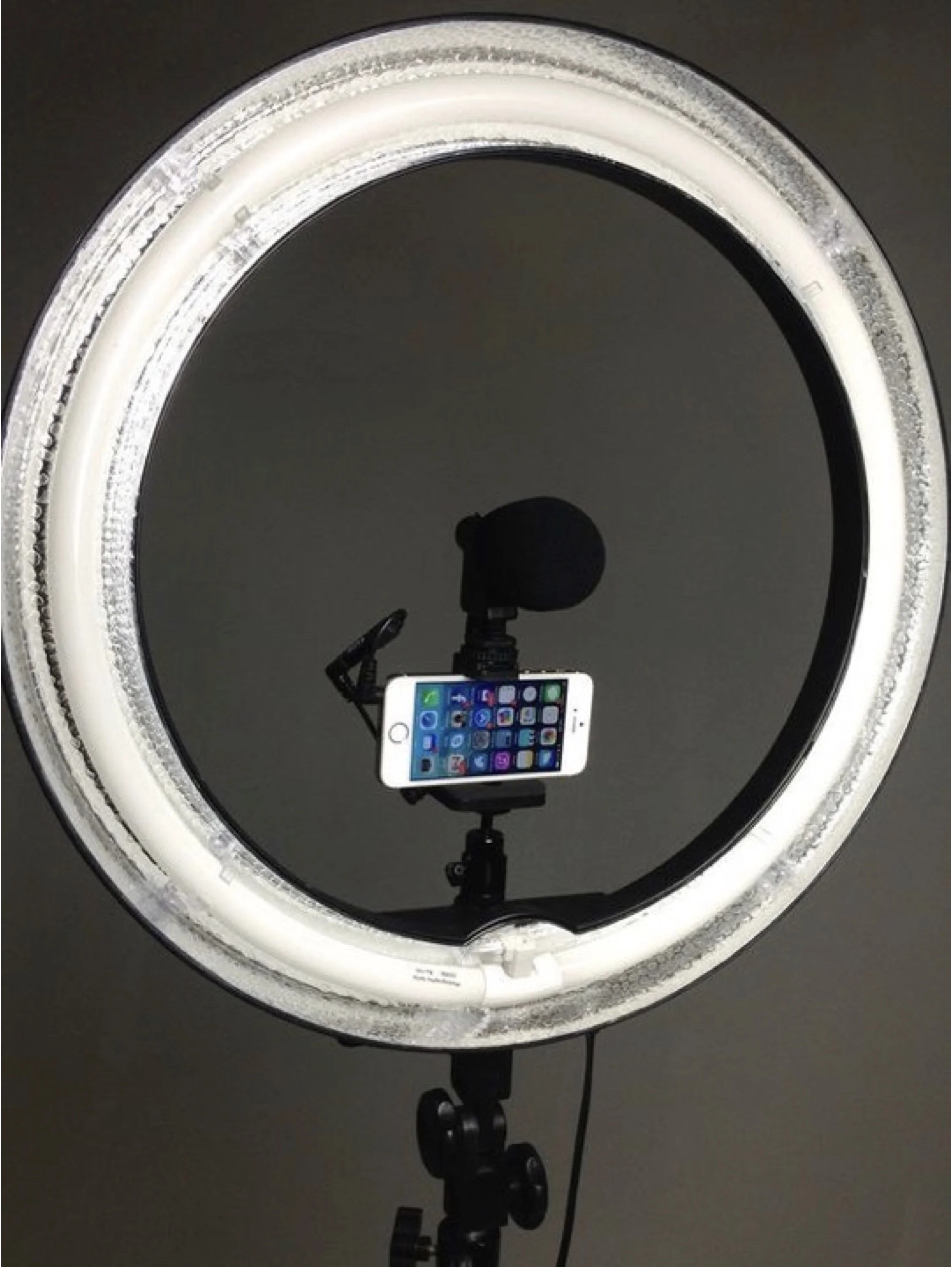November 12, 2010
Theater Review | New Jersey
The Perils of Psychoanalyzing Mugabe
By MICHAEL SOMMERS
Imagine a modern-day Macbeth, haunted by the ghost of Banquo, attempting to sort out his blood-stained fears with the help of a therapist.
The resulting drama might be something like “Breakfast With Mugabe,” a compact, troubling thriller by Fraser Grace, being presented by the Centenary Stage Company in Hackettstown. The playwright has said in interviews that he was inspired by a newspaper report that Robert Mugabe, the autocratic president of Zimbabwe, was being treated by a psychiatrist.
Originally produced by the Royal Shakespeare Company in Stratford-Upon-Avon in 2005 and first staged in America by the Quantum Theater in Pittsburgh in 2008, the drama inaugurates the 99-seat Edith Bolte Kutz Theater in the newly opened David and Carol Lackland Center.
The intimacy of the airy black box space is conducive to the effectiveness of “Breakfast With Mugabe,” which tautly depicts a struggle of wills between the African ruler and Dr. Andrew Peric, a white Zimbabwean psychiatrist summoned to the presidential palace.
Awaiting Mr. Mugabe’s arrival, Grace, his considerably younger second wife, attempts to bend Dr. Peric to her own interests even as she describes her husband’s frightening visitations by a ngozi — a malevolent spirit only he can see.
Immediately asserting his supreme authority, Mr. Mugabe insists that the doctor change his necktie. “I prefer our staff to be coordinated,” he explains, as Gabriel, a tight-lipped bodyguard, presents alternatives. Although Dr. Peric reluctantly complies, the psychiatrist firmly sets his own terms for their professional relationship, to which his patient vaguely assents.
During this initial encounter, the playwright quietly establishes a number of crucial points that the audience needs to know about Mr. Mugabe and his culture, including the importance of ancestral spirits and the bitter history between Zimbabwe’s native people and the white colonists who once dominated the country.
The fact that Dr. Peric owns a farm that has been in his family for several generations also figures into the drama when it is revealed that his land is being occupied by Zimbabwean militants.
As the 95-minute play unfolds in six scenes, Dr. Peric determines that the ngozi afflicting Mr. Mugabe happens to be a former revolutionary comrade and potential political rival who died under mysterious circumstances. Figuring out the significance of that apparition for Mr. Mugabe culminates in a psychological breakthrough that ultimately leads to disastrous consequences for Dr. Peric and others.
While the program contains a two-page glossary of Zimbabwean cultural terms, not all the drama’s social and historical perspectives are spelled out so clearly by the playwright. Audiences in this country may be less familiar with Zimbabwe than those in Britain, its former colonial ruler. Still, sufficient background is provided to let us quickly appreciate that Mr. Mugabe is a very dangerous case for any psychiatrist to treat, which makes Dr. Peric’s attempt to do so appear both noble and foolish.
David Shookhoff, the director, stages the play at a steady pace within the stately marble halls of a stiffly furnished reception room, designed by Lee Savage, that gives little indication of any chaos happening on the other side of the presidential gates. A closer examination, however, shows this grand room is built upon a bleak foundation of cinders and stray half-buried objects — shoes, books, tools — indicating the human wreckage beneath Mr. Mugabe’s regime.
The lighting, designed by Ed Matthews, is consistently clear and bright overall; narrowing the focus and creating some darkness hovering over the sessions between the psychiatrist and his patient could evoke the mystery of the spiritual forces they discuss.
For the most part, performances are understated. Michael Rogers, eyes glittering behind designer glasses, depicts Mr. Mugabe with an authoritative air, a smooth, deep voice and a carefully controlled exterior that occasionally blazes into ferocity. Ezra Barnes, who also played Dr. Peric in the Pittsburgh production, is a mild-mannered yet tenacious figure as a man who loves his land perhaps too much. Che Ayende confidently portrays the watchful bodyguard.
More flamboyant than the men, Rosalyn Coleman, looking chic as Grace Mugabe, sweetly hints at a malicious streak within a manipulative, complex individual.






